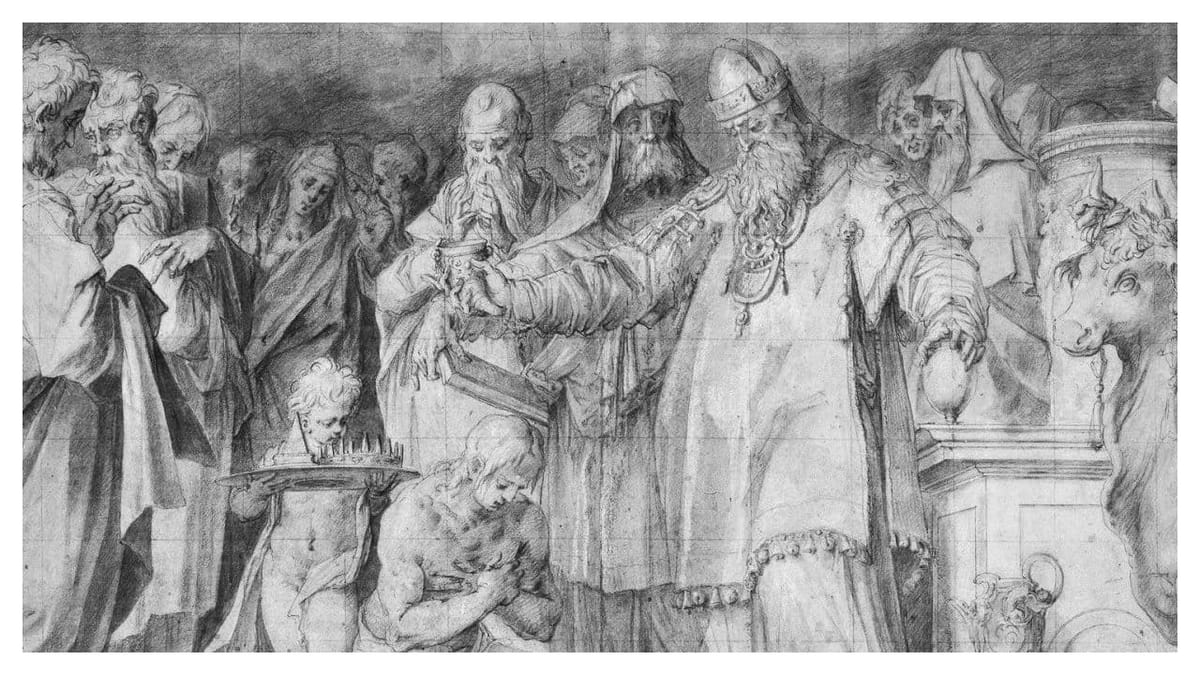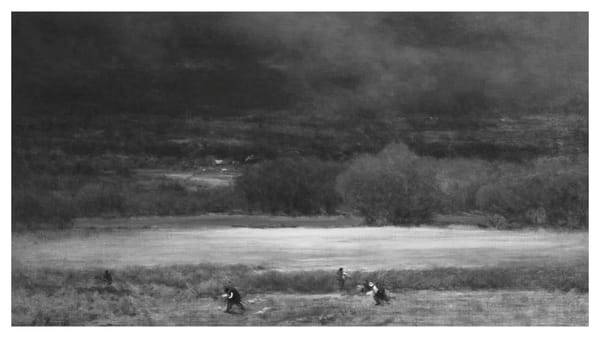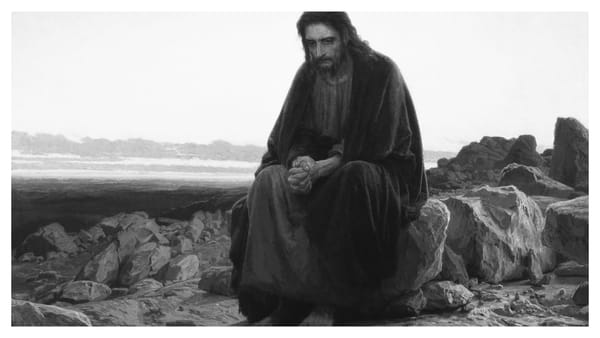Guarding the Precious Anointing
You are chosen, set apart to carry God's anointing. Guard this precious gift through daily surrender, separation from the world, and alignment with His purpose, allowing Christ's power to flow freely through you to touch others with His light.

"But ye are a chosen generation, a royal priesthood, an holy nation, a peculiar people; that ye should shew forth the praises of him who hath called you out of darkness into his marvellous light:" - 1 Peter 2:9 (KJV)
In the ancient tabernacle, the anointing oil was a sacred substance, carefully prepared and zealously guarded. It was not to be replicated for common use, nor was it to be carelessly applied. This oil, a symbol of God's presence and power, was precious beyond measure. Today, dear believer, you carry within you something far more precious than that ancient oil – the very anointing of God Himself.
This anointing, the presence and power of the Holy Spirit, is not a mere theological concept, but a living reality. It is the mark of our royal priesthood, the seal of our adoption as God's children, and the empowerment for our divine calling. Yet, how often do we treat this anointing with the reverence and care it deserves? How vigilantly do we guard this precious gift?
The Psalmist declares, "Precious in the sight of the Lord is the death of his saints" (Psalm 116:15, KJV). This verse speaks not only of physical death but of the daily dying to self that characterizes a life fully yielded to God. It is through this continual surrender that the anointing is preserved and even intensified in our lives. Each act of self-denial, each choice to follow Christ at the cost of personal comfort or worldly gain, is precious in God's sight and serves to guard the anointing He has bestowed upon us.
Consider the words of the Apostle Paul: "I protest by your rejoicing which I have in Christ Jesus our Lord, I die daily" (1 Corinthians 15:31, KJV). This daily dying is not a morbid obsession with self-denial, but a joyful embracing of Christ's life in place of our own. It is in this place of surrender that the anointing flows most freely, unhindered by the debris of self-will and worldly attachment.
To guard the anointing requires more than passive reception; it demands active vigilance. We must be ever watchful against the subtle encroachments of the world, the flesh, and the devil. Like the wise virgins in our Lord's parable, we must keep our lamps trimmed and our vessels full of oil, ever ready for the Bridegroom's return.
This guarding involves separation – not a physical removal from the world, but a spiritual distinction in the midst of it.
This guarding involves separation – not a physical removal from the world, but a spiritual distinction in the midst of it. "Wherefore come out from among them, and be ye separate, saith the Lord, and touch not the unclean thing; and I will receive you" (2 Corinthians 6:17, KJV). This separation is not one of superiority or isolation, but of consecration and purpose. It is a setting apart of our lives as vessels fit for the Master's use, conduits through which His anointing can flow unimpeded to a world in desperate need.
Yet, this separation is not the whole story. We are also called to alignment – with God's purposes and with the body of Christ. As lively stones, we are "built up a spiritual house, an holy priesthood, to offer up spiritual sacrifices, acceptable to God by Jesus Christ" (1 Peter 2:5, KJV). This alignment requires humility and submission, a willingness to find our place in God's grand design rather than insisting on our own way.
In practical terms, guarding the anointing means cultivating a life of prayer and meditation on God's Word. It means being selective about the influences we allow into our lives – the media we consume, the company we keep, the pursuits we engage in. It means regularly examining our hearts, allowing the Holy Spirit to shine His light into every corner, exposing and expelling anything that would hinder the flow of His anointing.
Moreover, it means positioning ourselves under godly authority and within the community of believers. The anointing flows from the head – Christ Himself – down to the body. When we remove ourselves from proper spiritual alignment, we risk cutting ourselves off from this flow of anointing.
Dear reader, never underestimate the value of the anointing God has placed upon your life. It is a sacred trust, a precious gift that must be vigilantly guarded and carefully stewarded. Let us commit ourselves anew to this holy task, that we might be vessels ever ready for the Master's use, channels through which His power and presence can flow freely to a world in desperate need.
Let us pray:
Heavenly Father, we come before You in humble gratitude for the precious anointing You have bestowed upon us. We confess that too often we have taken this gift for granted, failing to guard it with the vigilance it deserves. Forgive us, Lord, and renew within us a proper reverence for Your anointing.
Holy Spirit, we invite Your searching presence into every area of our lives. Expose anything within us that would hinder the flow of Your anointing. Grant us the courage to separate ourselves from all that is unclean in Your sight, and the wisdom to align ourselves properly with Your purposes and Your body.
Lord Jesus, we offer ourselves afresh to You as living sacrifices. May our lives be guarded vessels, set apart for Your use and filled with Your presence. Teach us to die daily to self, that Your life and anointing might flow freely through us.
We commit ourselves anew to the task of guarding this precious anointing. May our lives be a testament to Your power and a channel of Your love to the world around us. We ask this in the name of Jesus Christ, our Great High Priest, Amen.
"But we have this treasure in earthen vessels, that the excellency of the power may be of God, and not of us." - 2 Corinthians 4:7 (KJV)
This devotional is based off a message entitle "To Be a Vessel of the Anointing" by Wade E. Taylor.




